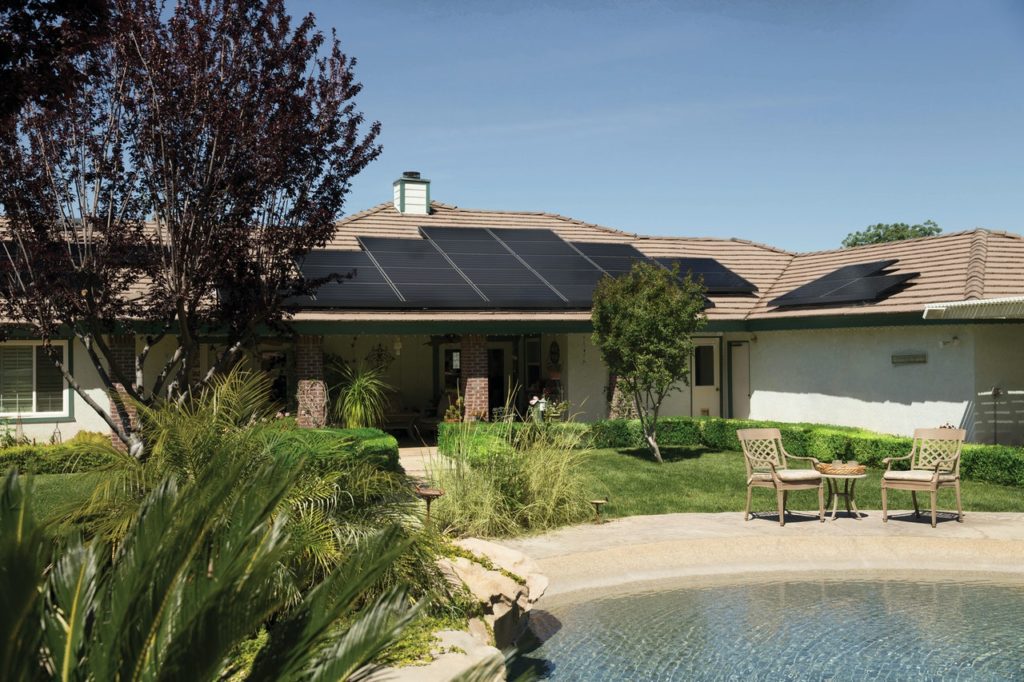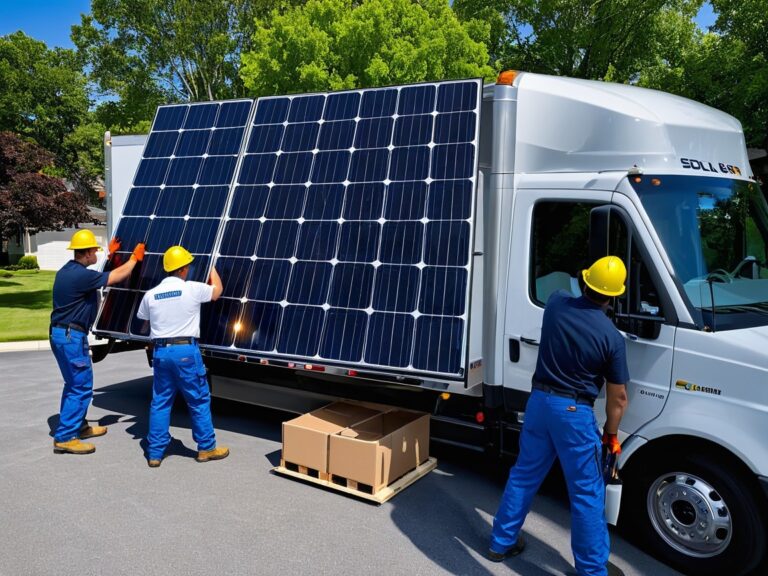
A Short Guide To Household Solar
As the climate warms, energy prices waver, and competition grows on the property market, it’s no wonder that household renewables are having their moment in the sun. If you’re looking to modernize your home and you care about a habitable world for future generations, it could be time to invest in your own solar system. Joe Does Solar shares some tips below.
Cleaner Energy
The most obvious and perhaps most important benefit to solar panels is that they’re clean. For the first time in history, a homeowner can enjoy self-sustaining energy at minimal cost to the environment. Solar energy does not consistently produce CO2 and, for a lower price, produces only at a slightly lower efficiency rate. For those who care about the natural world and the continued survival of our species, a transition to solar is a smart and conscientious decision.
Cheaper Energy
One of the key considerations about coal and natural gas is that they’re limited resources. It is predicted that we will run out of coal and natural gas within this century and feel the monetary expense of these diminishing resources much earlier. The cost of your electricity, if you are not using renewable means, is almost guaranteed to fluctuate or increase dramatically over the coming years.
Most studies find that over a 20-year period, a household solar installation can save homeowners upwards of $7,000. Even if you discount the comparison with fossil fuels, with cheaper costs, low upkeep, and advantageous tax credits, moving to panels is a financial no-brainer.
Property Benefits
If you’re getting ready to make a down payment or if you’re trying to square energy costs with your existing mortgage, solar panels can prove to be an advantage. By choosing solar energy, you may qualify for the FHA’s Energy Efficient Mortgage program, which helps homeowners to finance eco-friendly home modifications by incorporating their costs into the mortgage itself. This initiative helps buyers to qualify for a larger loan and enjoy the benefits of solar energy. To apply, contact an FHA-approved lender.
Studies also show that household solar panels increase a property’s value by an average of 4.1% across the U.S. For a $226,300 home, that’s a boost of over $9,000. However much you pay for the system, typical photovoltaic ROI sits at around 20% in just the first year — a wise investment when it comes to growing value.
Greater Reliability
There are a number of variables to consider when installing your solar panels, the most pressing being weather. But even in poor weather conditions, solar panels can still generate 10-20% of their rated capacity. This means, despite arguments to the contrary, energy is available year-round. Add to this the greater autonomy over your energy usage, and you have a reliable, manageable source.
It’s also true that most roofing materials accommodate solar panels, although the most compatible is the standing metal roof (a flat surface with space for a standing seam means cheaper installation without drilling). When looking to buy, the smartest thing is to first have a solar consultation with Joe Does Solar. The process of installation is complicated and best done by professionals — after paperwork and inspection, it is typically carried out within a couple of days to a few weeks.
As the climate continues to change, so do the benefits for a solar transition increase. Moving to household renewables is an investment, not just in your property, but in a cleaner and more habitable future.
Image by Pexels

